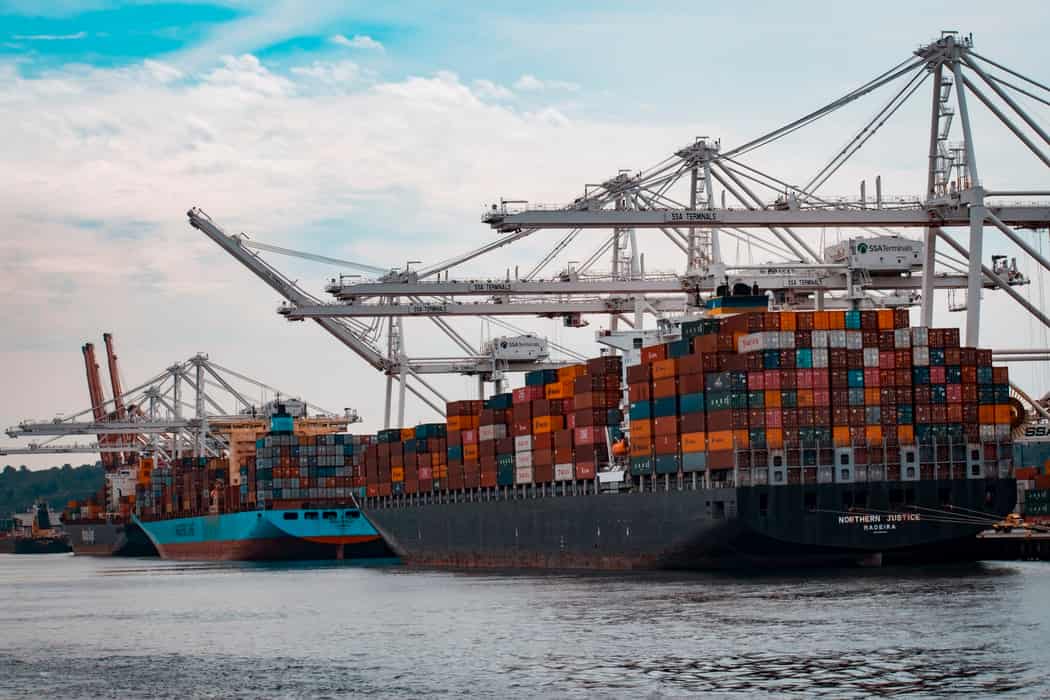Defining Parallel Imports
A parallel import, or a ‘grey import’, is a situation where a good bearing a registered trademark in an international market is imported into the local market. You can sell parallel imports alongside an existing product of the same producer in the local market. For example, Colgate products registered in Brazil by Colgate-Brazil were imported into the UK and are sold alongside Colgate products registered by Colgate-UK without their permission. This occurred in the Colgate case where the Colgate-Brazil product was cheaper due to its lower quality. As a result, it was able to undercut the Colgate-UK product in the UK market.
Parallel importing is profitable if the good is sufficiently cheaper in the international market. This may be because the goods are of a lower quality in the international market. It may also be because the legal requirements make it easier to produce the goods in the international market. Consumers are more attracted to the parallel imported good because it is cheaper. This prevents price discrimination and forces competition within the local market. However, in some cases it is the local distributor that experiences a diminishing in goodwill when the international product does not meet the consumer expectations.
Parallel Imports in Australia
Parallel imports are not illegal in Australia. In fact, legal reforms in 2018 have made parallel importing easier. Previously, Australian distributors relied on the Trade Marks Act 1995 (Cth) to restrict parallel imports. They could use section 123 to show there was an infringement of trade mark because they had not consented to the use of the trademark. Amendments in August 2018 have limited the use of section 123 as a way to restrict parallel imports. Section 123 does not apply to goods anymore which means local distributors cannot restrict parallel imports on the basis of consent. Consent can be reasonably assumed by parallel importers under the new Trade Marks Act. This has made it much tougher for local distributors to prevent parallel importing.

Get on demand legal advice for one low monthly fee.
Sign up to our Legal Advice Plan and access professional legal advice whenever you need it.
What Australian distributors can do
Australian distributors are able to rely on other legal avenues to restrict parallel importers from importing goods into the Australian market.
Counterfeit claims
First, distributors may claim that the parallel imports are counterfeit products. This would lead to the seizure of the goods prior to them entering the market. It would require filing a notice with Department of Home Affairs and would include a formal undertaking to repay costs resulting from seizures. But distributors can only rely on this method if the goods are actually infringing the trade mark. This is rarely the case for parallel imports.
Non-compliance
Second, distributors may claim that the parallel imports do not comply with Australian consumer law requirements. They include safety and information requirements and restrictions on certain conducts or representations. Parallel importers must satisfy the same obligations as Australian distributors.
Distribution agreements
Last, distributors can rely on their distribution agreements with the registered owners of the trade marks. They may negotiate a clause in the agreement preventing parallel importing within the local market. The registered trade mark owner cannot sell goods to a customer who is likely to import the goods into Australia. A clause like this would be hard to negotiate for unless the local distributor has significant bargaining power. For more information on distribution agreements, visit our guide ‘How Does a Distribution Agreement Work?‘. There are issues with the enforcement of the clause as well. A registered trade mark owner cannot make enquiries into every purchaser’s intentions.
Conclusion
Parallel imports are not illegal in Australia. Recent developments in law have made parallel importing easier. Australian distributors may not be able to rely on the Trade Marks Act as previously to restrict parallel imports. However, they are able to rely on Australian consumer law, customs law, and their distribution agreements as a means to prevent parallel imports.

Get a fixed-fee quote from Australia's largest lawyer marketplace.






